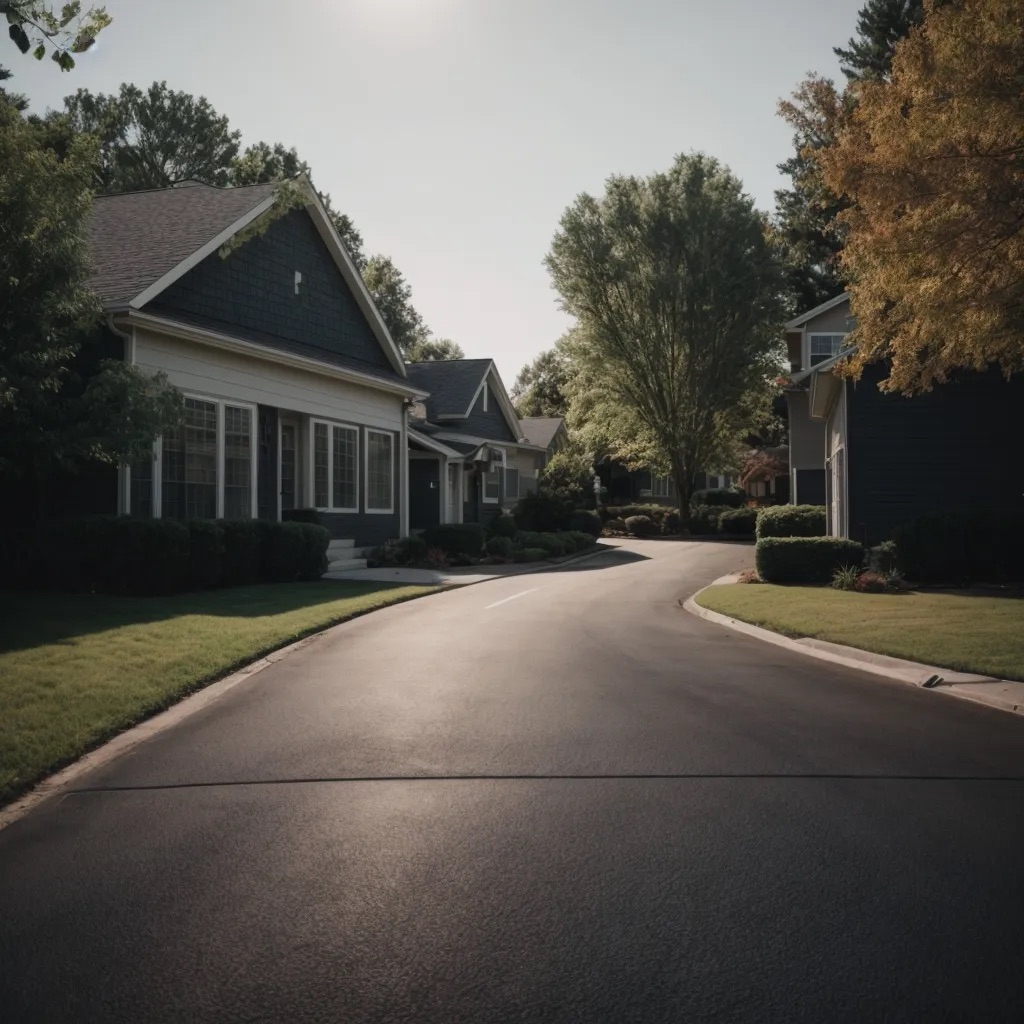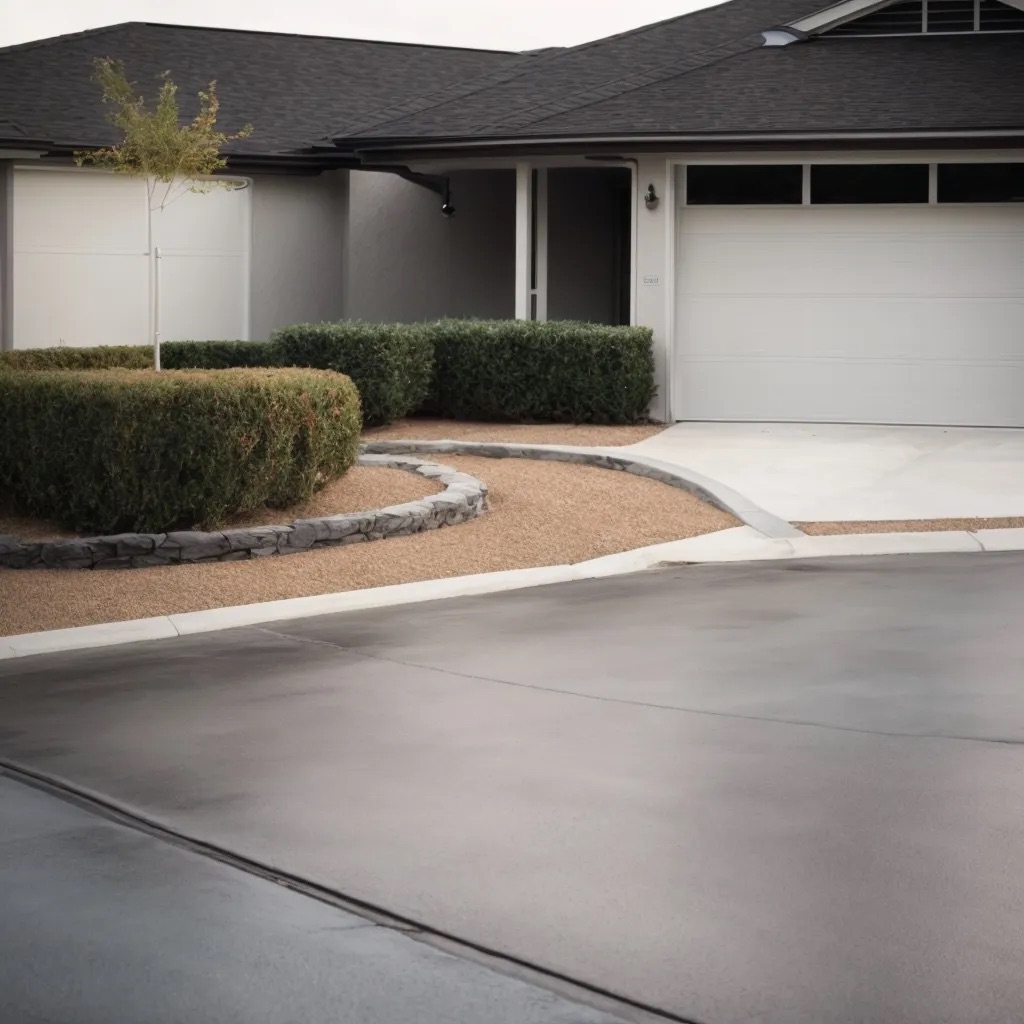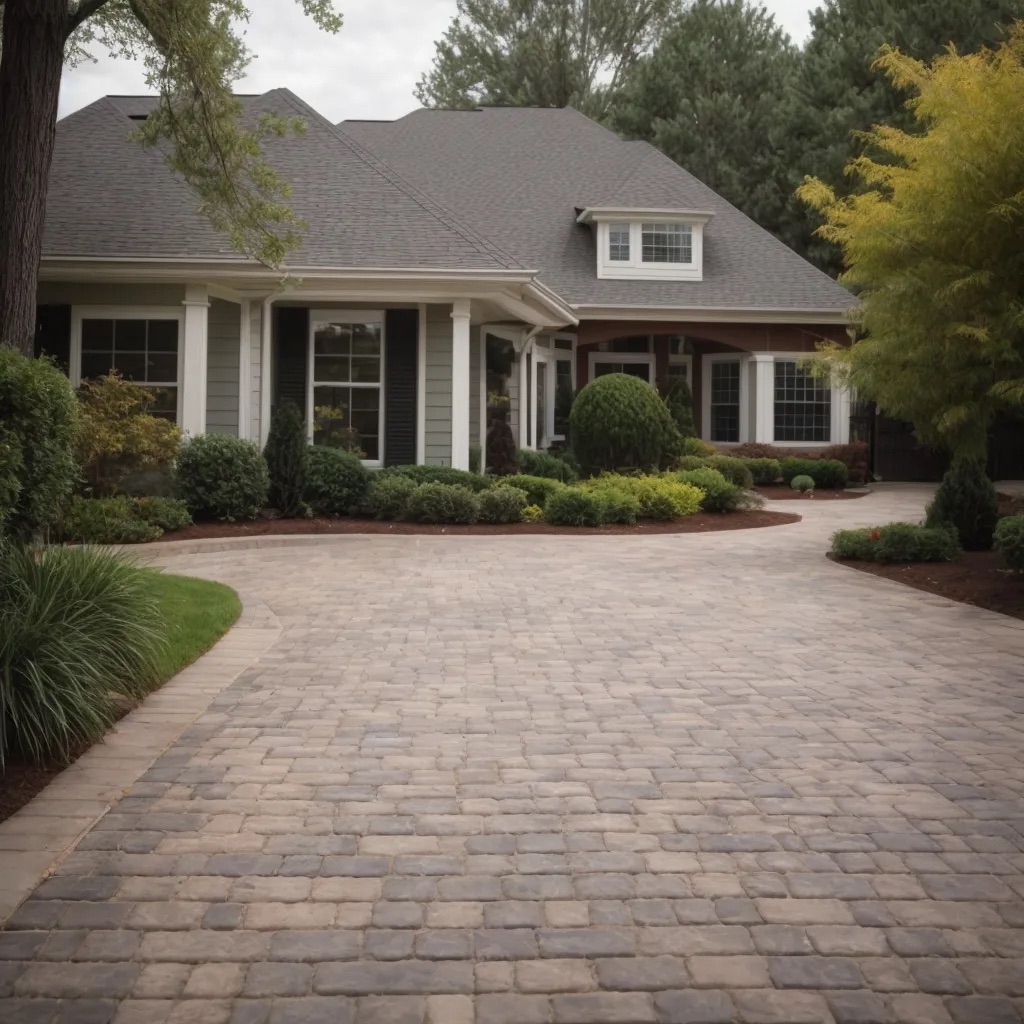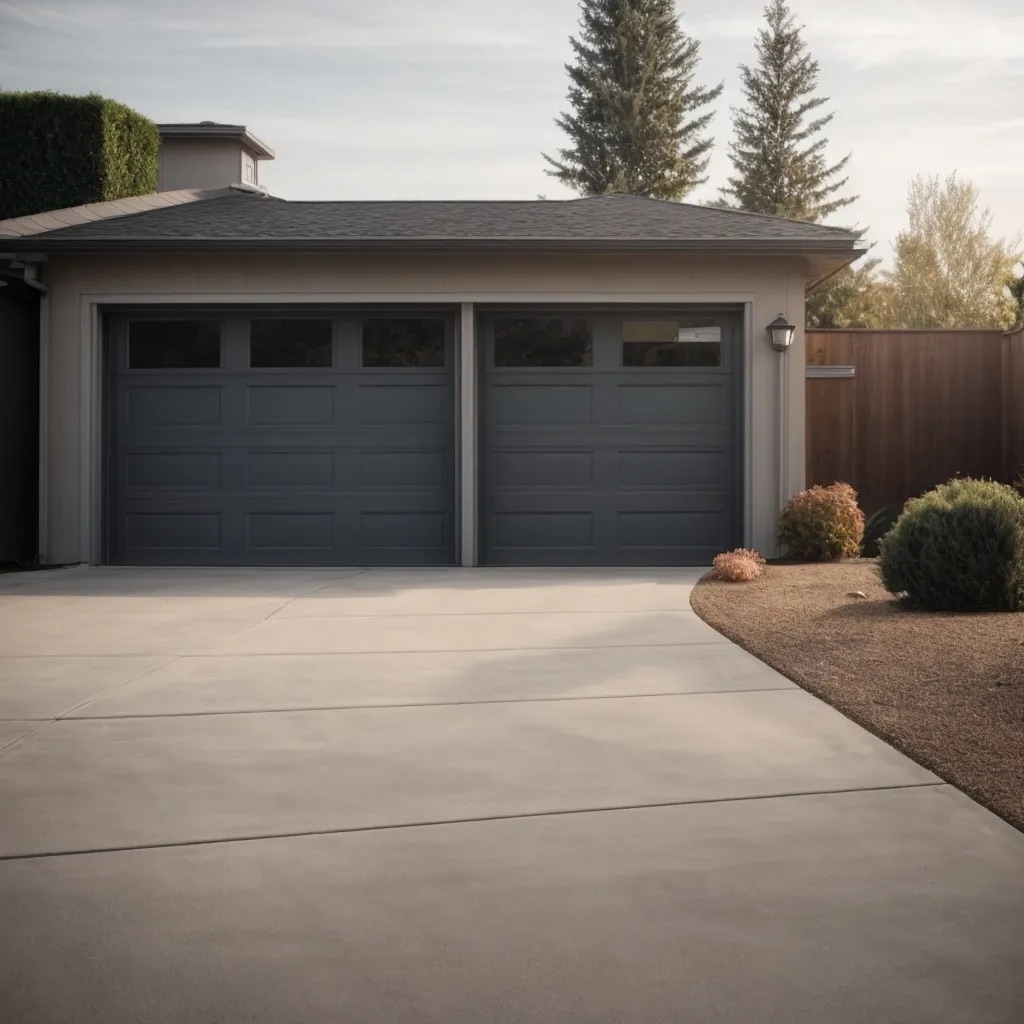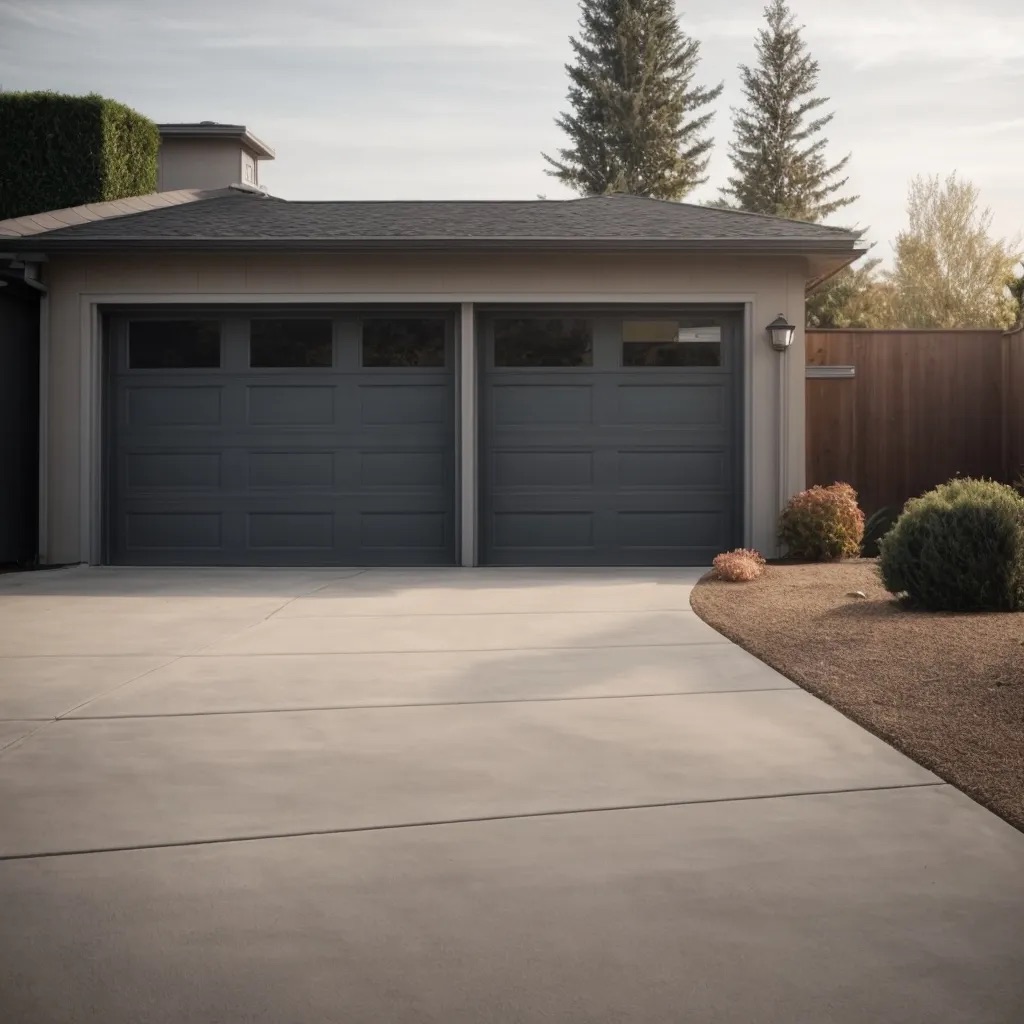The driveway is an essential property component, providing a functional and aesthetic entryway. When it comes to choosing the right material for your driveway, there are several options to consider.
This article will discuss the pros, cons, and maintenance tips for three popular driveway choices: asphalt, concrete, and gravel. By understanding the characteristics of each material, you can make an informed decision that suits your needs and preferences.
Asphalt Driveways
Asphalt driveways have been a popular choice for homeowners for many years. They offer several advantages that make them an appealing option.
Pros
Affordability: Asphalt is relatively inexpensive compared to other driveway materials, making it a cost-effective choice.
Quick Installation: Asphalt driveways can be installed quickly, reducing disruption to your daily routine.
Durability: When properly maintained, asphalt driveways can last for many years, withstanding heavy loads and harsh weather conditions.
Flexibility: Asphalt is a flexible material, allowing it to withstand freezing and thawing without cracking.
Cons
Maintenance: Asphalt driveways require regular maintenance, including seal coating every few years to protect against deterioration.
Vulnerability to Temperature Changes: Extreme heat and cold can affect the durability of asphalt, causing it to soften or crack over time.
Stains and Chemical Damage: Oil spills and certain chemicals can cause stains and damage to the surface of an asphalt driveway.
Maintenance Tips for Asphalt Driveways
- Regularly inspect for cracks and potholes and repair them promptly.
- Apply seal coating every two to three years to protect the surface from UV rays and water damage.
- Clean oil spills and other stains immediately to prevent long-term damage.
- Avoid using harsh chemicals or deicing agents that can deteriorate the asphalt surface.
Concrete Driveways
Concrete driveways are known for their durability and versatility. They offer a solid and visually appealing option for homeowners.
Pros
Longevity: Concrete driveways have a longer lifespan than asphalt, potentially lasting several decades.
Low Maintenance: Concrete is a low-maintenance material that requires minimal upkeep, saving you time and effort.
Stain Resistance: Concrete is less susceptible to staining than other materials, making it easier to clean and maintain.
Design Options: Concrete driveways offer a range of design possibilities, including decorative finishes and patterns.
Cons
Higher Initial Cost: Concrete driveways have a higher upfront cost than asphalt or gravel.
Cracking: Concrete can develop cracks over time due to shifting soil or extreme temperature changes.
Slippery Surface: Concrete driveways can become slippery when wet, posing a potential safety hazard.
Maintenance Tips for Concrete Driveways
- Clean the surface regularly by sweeping or pressure washing to remove debris and stains.
- Fill in any cracks or potholes to prevent them from expanding.
- Apply a concrete sealer every few years to protect against water penetration and minimize staining.
- Use sand or other non-slip additives on the surface to improve traction and reduce slipperiness.
Gravel Driveways
Gravel driveways offer a rustic and affordable option for homeowners seeking a more casual and natural look.
Pros
Affordability: Gravel is one of the most affordable driveway materials, making it an attractive choice for those on a budget.
Easy Installation and Maintenance: Gravel driveways are relatively easy to install and maintain, requiring minimal specialized equipment.
Drainage: Gravel allows for excellent water drainage, reducing the risk of puddles and water damage.
Versatility: Gravel comes in various colors, sizes, and textures, allowing for customization to match the aesthetic of your property.
Cons
Regular Maintenance: Gravel driveways require regular maintenance, including regrading and replenishing gravel to maintain a smooth and even surface.
Dust and Erosion: Gravel driveways can produce dust and may experience erosion due to heavy rainfall or vehicle traffic.
Limited Winter Use: Gravel driveways may be less practical in areas with heavy snowfall, as plowing can displace the gravel.
Maintenance Tips for Gravel Driveways
- Regularly rake and regrade the gravel to maintain a smooth and even surface.
- Add additional gravel as needed to prevent bare spots and ensure proper coverage.
- Control weed growth by applying a weed barrier or using herbicides selectively.
- Install drainage solutions, such as ditches or culverts, to manage water runoff and prevent erosion.
Choosing suitable materials for your driveway involves various factors, including cost, durability, maintenance requirements, and aesthetic appeal. Asphalt, concrete, and gravel are three popular choices, each with its own set of advantages and disadvantages.
By carefully evaluating each option’s pros, cons, and maintenance tips, you can select the driveway material that best suits your needs, preferences, and budget. Remember to weigh the long-term durability and maintenance requirements against the initial cost to make an informed decision that will serve you well for years.
Key Takeaways
- Asphalt driveways are affordable, quick to install, and durable, but require regular maintenance and are vulnerable to temperature changes and chemical damage.
- Concrete driveways offer longevity, low maintenance, and design options, but have a higher initial cost, can develop cracks, and may become slippery when wet.
- Gravel driveways are affordable, easy to install and maintain, and provide good drainage, but they require regular maintenance, can produce dust and experience erosion, and may not be suitable for heavy snowfall areas.
- Regular maintenance for all driveway types includes filling cracks, cleaning stains promptly, and applying appropriate sealers or coatings.
- Consider factors such as cost, durability, maintenance requirements, and aesthetic appeal when choosing the right driveway material for your property.

